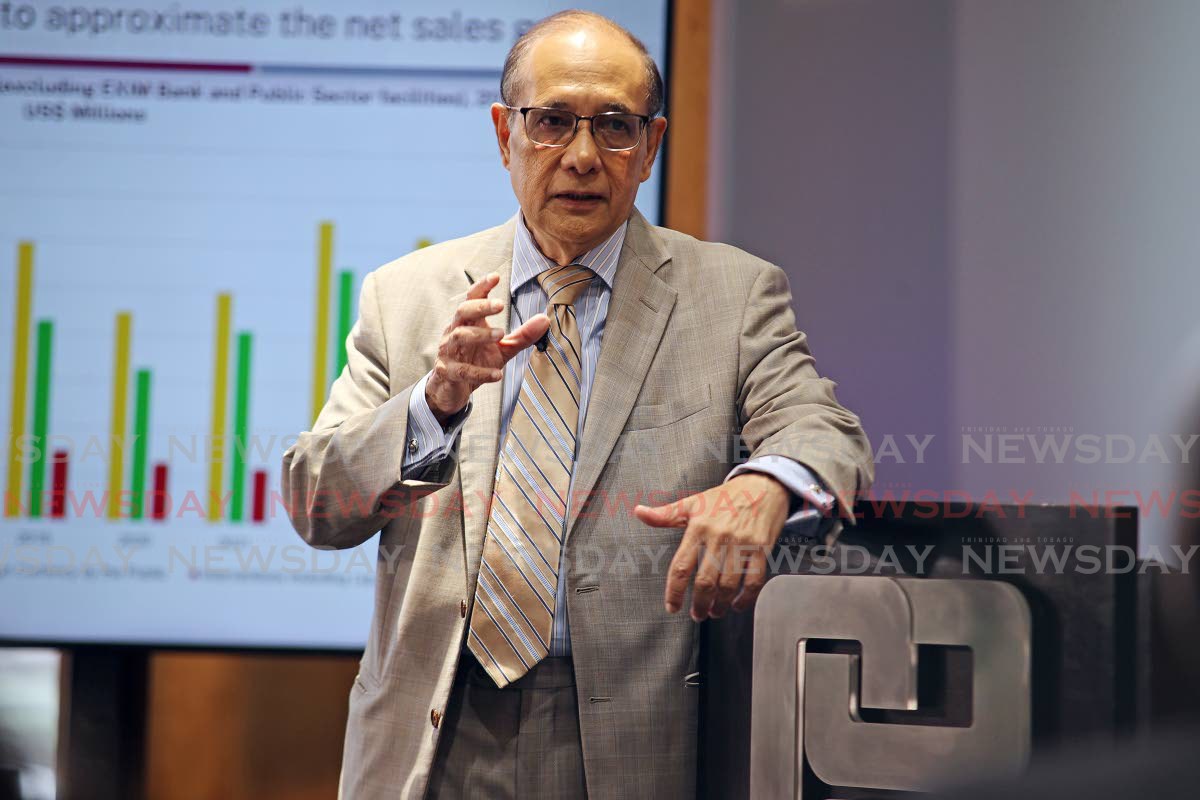Central Bank Governor Larry Howai has addressed widespread misconceptions about the institution’s role in Trinidad and Tobago’s foreign exchange (forex) market. Speaking at the TT Stock Exchange’s Capital Markets and Investor Conference in Port of Spain on October 24, Howai emphasized that the Central Bank accounts for just over 20% of forex entering the financial system, with the remaining 80% sourced from private entities and individuals. He clarified that while the bank intervenes to stabilize supply, the majority of forex distributed through commercial banks originates from private channels. Howai stressed the need for long-term solutions to broaden the country’s capacity to earn forex, rather than relying on central bank interventions. He highlighted the importance of boosting exports, both traditional and non-traditional, such as those from the creative sector. Howai, a former finance minister, also discussed the challenges of managing interest rates, inflation, and forex outflows, noting that policy tools like the repo rate and reserve requirements often yield mixed results. He pointed out the narrowing interest rate differential between US and TT Treasury bills, which could influence local investment behavior. Howai underscored the critical relationship between the Central Bank and the Ministry of Finance in managing liquidity and inflationary pressures, advocating for continued public engagement to refine forex distribution mechanisms.
Howai: Central Bank not main supplier of forex to commercial banks
